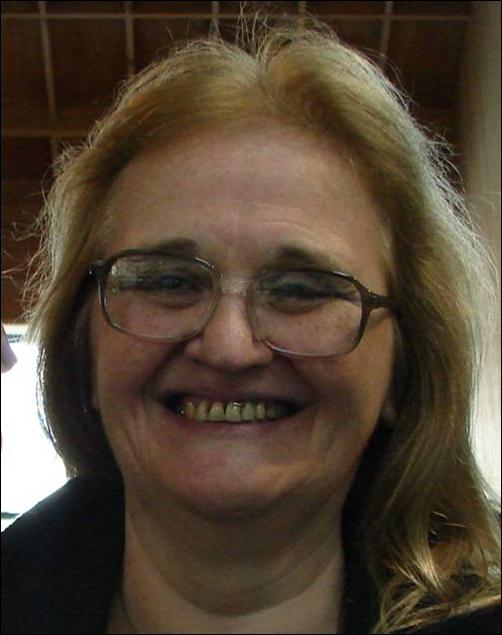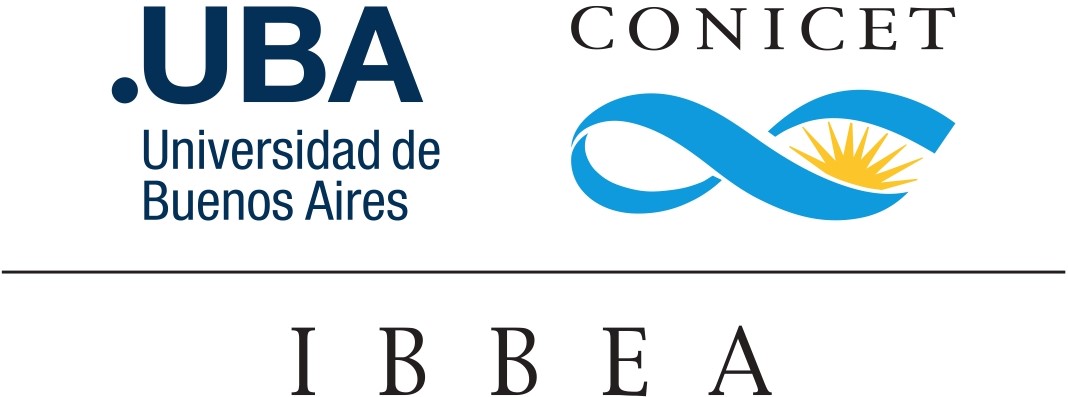Group Leader
 |
Dra. Nora I. Maidana Investigador Principal, CONICET noramaidana@nullgmail.com |
The position of southern South America on the globe is particularly interesting for producing attractive paleoclimatic records, especially for inter-hemispheric studies due to its location in the zone of action of the westerlies, influenced by equatorial and antarctic climatic expressions. Lakes and ponds are important archives for reconstructing environmental changes influenced by the westerlies, which in turn, influence the mode and persistence of El Niño Southern Oscillation (ENSO) and precipitations, which has been tested through the historical record.
The last millennia represent an interesting time window to investigate the influence of a variety of climate forcing factors (forcing factors). In this period, two major low amplitude climate changes, are recognized worldwide, a relatively cold period: the Little Ice Age (LIA; ~ 1500-1900 years AD) when solar activity was low and the volcanoes were active; and a relatively warm period known as the Medieval Climate Anomaly (MCA; 1200 years before AD). The objective of our work is to study with high resolution diatoms recovered from sedimentary sequences, the reconstruction of the environmental changes that took place. In particular, we are interested in the response of these microorganisms to a) LIA and other climate changes previously undetected, b) ENSO, (c) ACM, and (d) the influence of human activity on the accounts analyzed.
